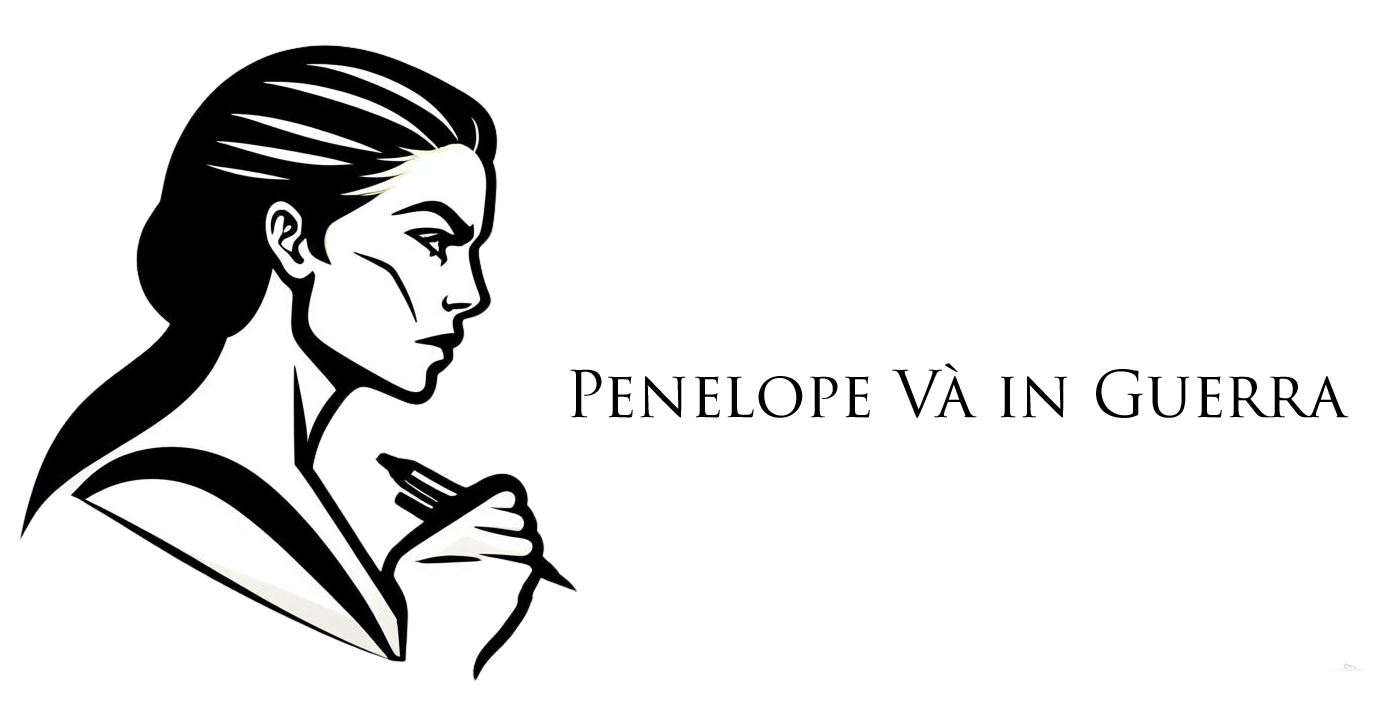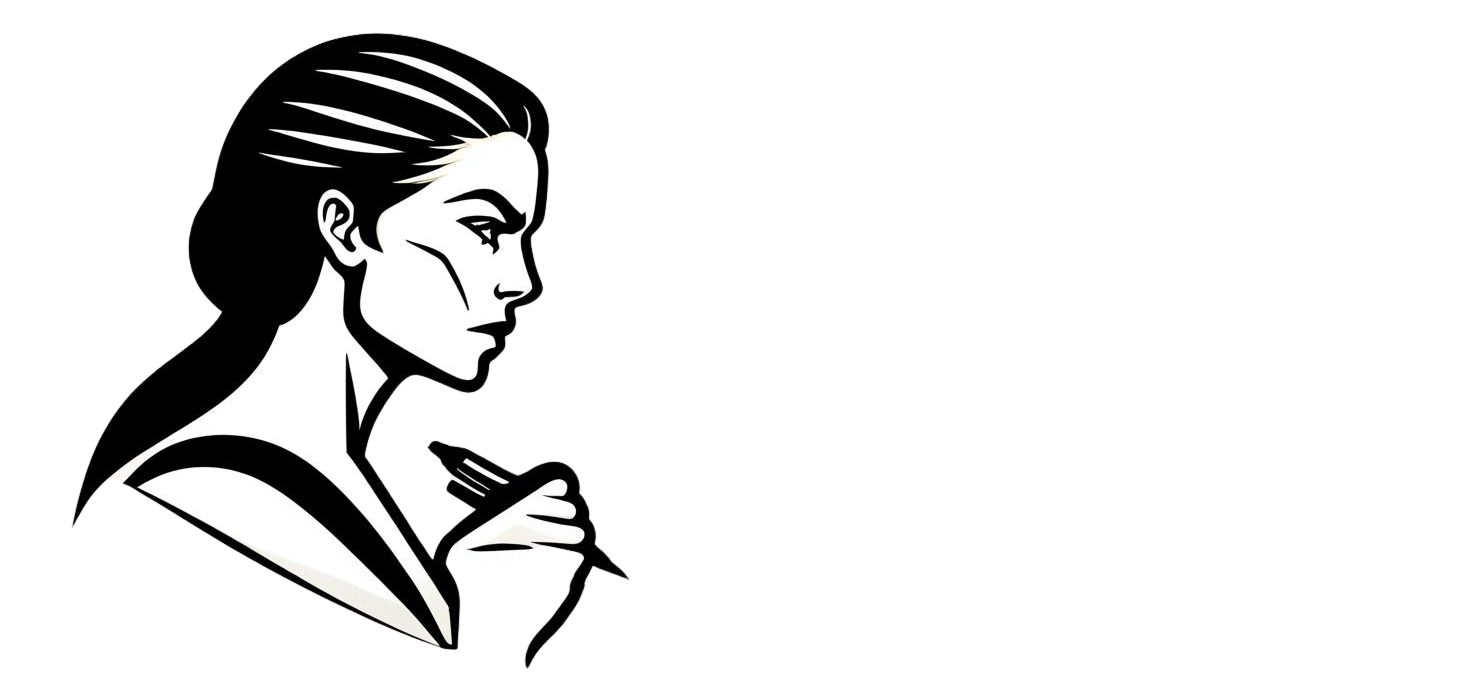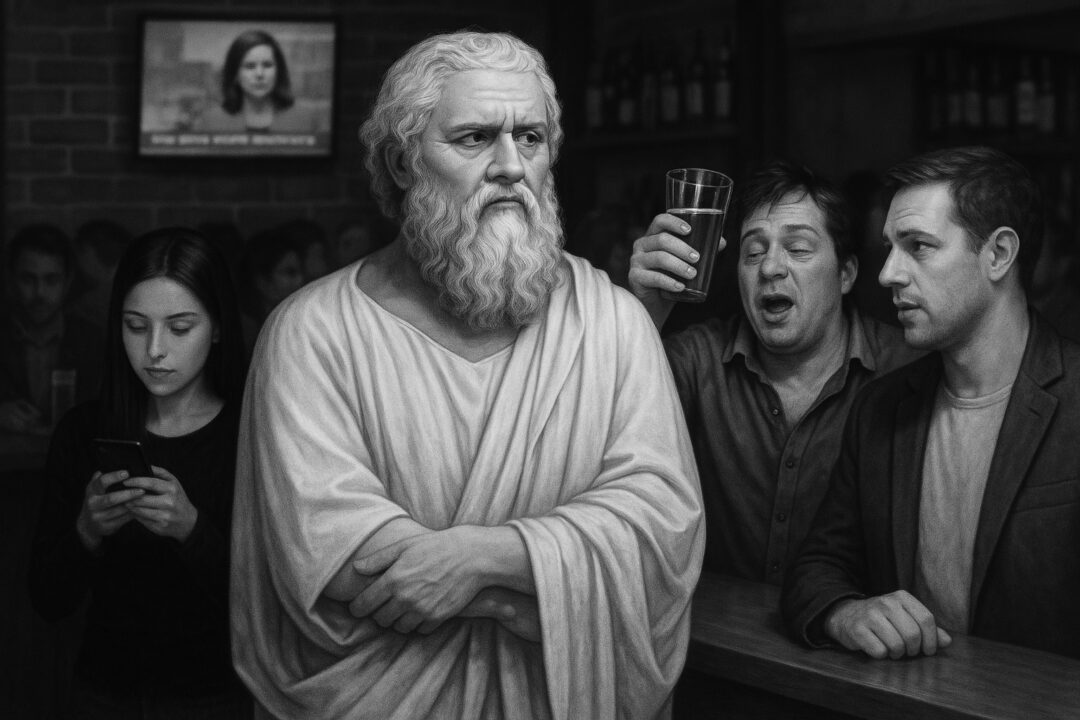When someone commits suicide, it is not uncommon to hear phrases like: “He/She seemed so calm” or “We never would have imagined something like this from him/her.” These words reveal not only astonishment, but also the inability to see beyond the surface, beyond the mask that many wear without even realizing it.
In reality, it is often the calmest people who hide the deepest crises, doing so silently. By hiding them, they feed them exponentially. These individuals believe they can live by controlling and suppressing reality for an entire life, but there comes a point when the river of repression overflows violently, and when it does, it sweeps away everything that had been nothing but a social mask until that moment.
Our society rewards the mask, meaning it rewards those who are calm, composed, predictable, and controlled. But this has nothing to do with true life, which, by definition, is the opposite: life is despair, anguish, loss of control, alternating with happiness, joy, euphoria. True life is alive, and to remain alive, it necessarily needs contrasts, good things alternating with bad, salty foods with sweet, contradictions. But those who contradict themselves are identified, categorized, and pushed to the margins.
This mask society can be easily observed in a city like Berlin, which splits into two almost opposite worlds from sunset to sunrise and from sunrise to sunset: in the city’s most extreme nightclubs, where everything is permitted, it is not uncommon to encounter men and women in latex and leather, immersed in extreme sexual fantasies that would seem unthinkable during the day. Yet, the following afternoon, these same bodies, now wrapped in suits, ties, and tailored outfits, sit behind the desks of government offices, impassive, controlled, perfectly integrated.
Without that nighttime sadomasochistic attire, I thought, they would explode.
But then I ask myself, why this extreme contrast? Wouldn’t it be easier to show oneself as one truly is from the beginning instead of creating an endless alternation of two completely opposite extremes to compensate? Compensating for this eternal act of playing roles that lead to a life that is empty and meaningless: not marrying for love, but because it is the right time to get married; not doing the job you love, but the state job that guarantees a good pension; not choosing to study what you like, but what guarantees a job you don’t love (when I chose philosophy at university, the question I was routinely asked 90% of the time was: “And after that, what job will you do?”)
In other words, eternally playing a part that doesn’t belong to you.
Those who live by their own instincts and rules, however, are observed with a mixture of emotions, ranging from annoyance, envy, and attraction: with their vulnerability and contradictions, they remind us that life is not simple, that security is an illusion, thus challenging the collective illusion that everything is under control. The presence of these (few) free spirits disturbs, their fire disrupts, but this disruption makes their life full, and therefore, worth living.
However, freedom has a price: as Kierkegaard said, anguish is an inevitable experience for those who seek to live consciously. This painful yet essential feeling arises from freedom: when we realize we are not just cogs in a system, but we can choose freely, we feel overwhelmed.
Then comes the crisis that every free spirit must face: the despair of wanting to be oneself, which emerges when one realizes one’s own falseness and, consequently, seeks to regain oneself.
Masks, on the other hand, try to escape pain, thus feeding a perpetual illusion that, in the long run, leads to self-destruction, being forever desperate because they refuse to be themselves.
I believe it is better to face an intense, temporary pain rather than carry a constant, subtle, and eternal pain.


